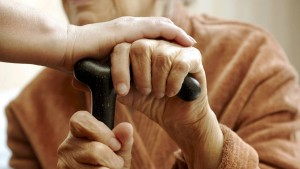Two people from Illawarra aged care facilities died after being transferred to hospital.
 The director of the Illawarra Shoalhaven Health District’s Public Health Unit, Curtis Gregory, said the unit was interviewing patients and staff, and doing tests to track the source.
The director of the Illawarra Shoalhaven Health District’s Public Health Unit, Curtis Gregory, said the unit was interviewing patients and staff, and doing tests to track the source.
He said while the spread of the outbreak had slowed, it was unlikely to be over yet.
Mr Gregory said initial investigations into salad as the source of the food poisoning have expanded.
“It may be feasible that it’s caused by lots of other things on the menu, including cakes, pies, meat, vegetables and several other things,” he said.


